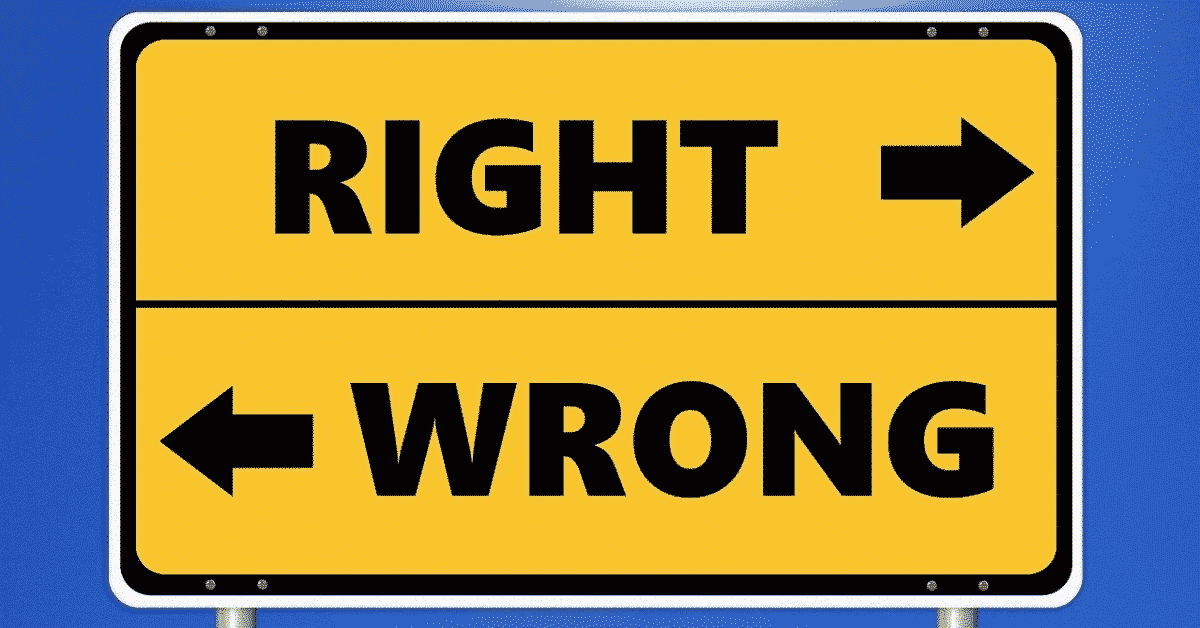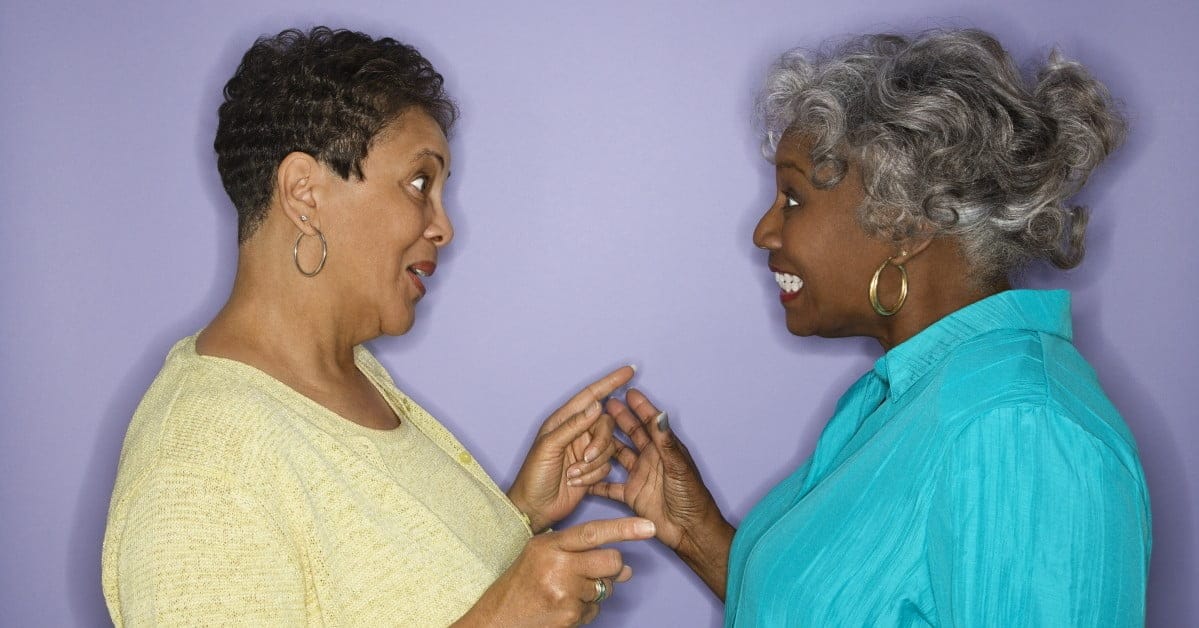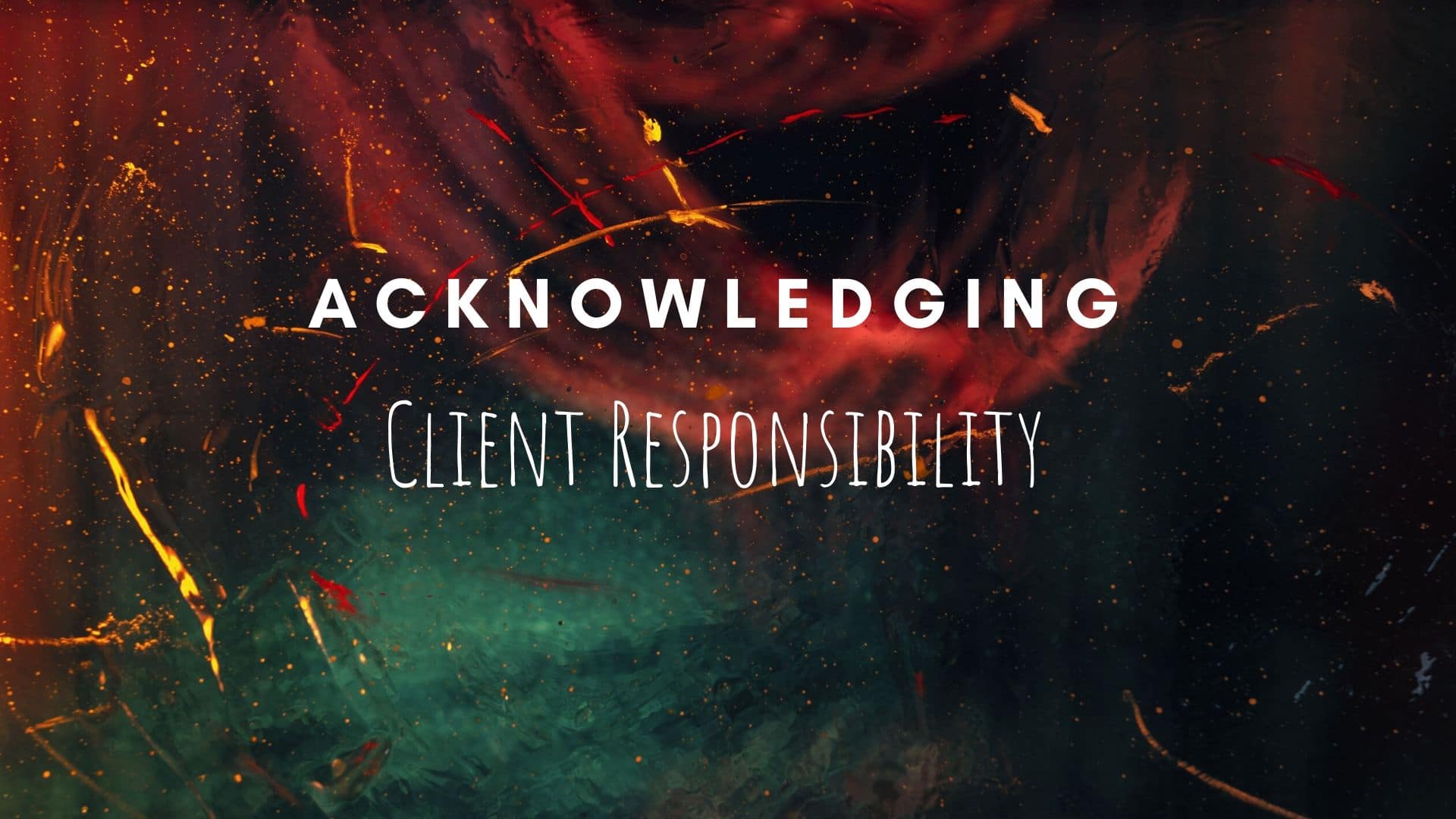The last few articles introduced concepts and International Coach Federation core competencies in co-creating the coach client relationship and building a strong coaching agreement with the client. In this article, we inspect another ICF core competency – Establishes and Maintains Agreements. We will also discuss the ways to make sure you and the client are appropriately matched before committing to a coaching relationship. This concept is supported by competency marker:
Partners with the client to determine client-coach compatibility
Having a successful coaching engagement starts off with ensuring coach client compatibility. Most coaches do some sort of “chemistry” session with clients before entering a relationship. This session often includes a “getting to know you” conversation for the coach and client to make a more human connection and get to know the person they will have a personal relationship with for several months or possibly years.
During this conversation things discussed are usually some form of an overview of the coach’s background, coaching process, coaching journey, client context and path of development, and what drew the client to the profession of coaching. The coach’s values and beliefs about coaching and coaching relationships and limited personal information that may help to strengthen mutual respect, have an overall positive impact on the budding relationship and help the client feel more connected to the coach as a human. This conversation is also an important opportunity for the coach to get to know the client, learn about client context, why they are considering professional coaching at this point in their life or career, what their beliefs about coaching and what it can do for them, what kind of supportive environment they are seeking, and what they wish to achieve through a professional coaching engagement.
Another important aspect of this conversation is that this is where the coach will get an understanding of the type of professional the client really needs. This is not a coaching session. Some potential clients may disclose at this point that they are under the care of a mental health care professional. This does not mean that coaching is not relevant for them. However, it does indicate that a conversation about differences between coaching and therapy is necessary. The coach may ask the client if they have discussed coaching with their therapist and what topics or goals they believe are more pertinent to coaching than counselling.
While this initial chemistry session may produce an outcome of a new client under contract, it should not turn into a sales conversation. This conversation is about gaining a mutual understanding of if this is a compatible relationship. Some key concerns the coach may consider are:
- Is this the type of client that the coach loves working with?
- Does the client seem appropriately engaged in their own success and future growth?
- Do the client’s needs, motivations, and goals for professional coaching match the coaching approach and fall into a coaching niche the coach feels competent and confident to work in?
- Do the client’s personality, client self expression, their communication patterns mesh with the coach’s ability to see them as creative, resourceful, and whole?
Considerations from the client’s perspective are often:
- Is this coach someone I feel safe with? Are they creating a supportive environment I am seeking?
- Do I believe this is someone I can be vulnerable with?
- Do they have levels of expertise I require, do they exhibit coaching behaviors and engage in coaching interactions I am comfortable with?
- Does this coach’s values, beliefs, major strengths, and background give me confidence that we can have a strong and successful engagement?
- Can this person exhibit genuine concern for my ongoing development needs and challenge me to new awareness?
- Does this coach have a personality I feel comfortable working with?
I have noticed that during this initial contact with a potential client, some coaches often focus on the business perspective of just getting clients to work with and get the coaching process going. I can completely understand this need for business success. I have also learned over time that the work coach does with a potential client before the contract is crucial. That is where coach and client build a solid foundation of the healthy and successful coach client relationship. This lays the groundwork for embarking on an engagement with a client; and for declining the opportunity if the coach or client believes that they are not compatible. Showing a thorough understanding of this core competency through the exploration of compatibility of the relationship is vital to both the coach and client’s long-term satisfaction, ongoing learning, and success and is more important than simply “closing the deal.




















